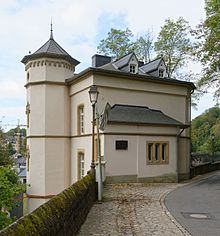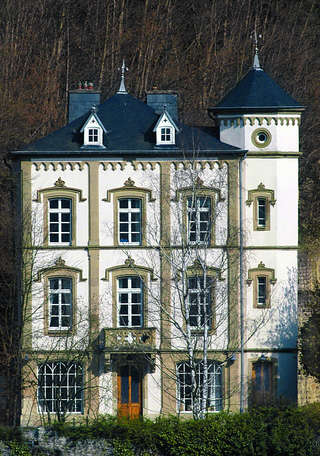The first workshop organised by ELWar took place on February 22 2019 and centred around the topic of postwar voters and elections. Accommodated by the Centre d’études et de recherches européennes Robert Schuman at the marvellous birth house of Robert Schuman in Luxembourg city, the workshop brought together scholars from all over the world working on the topic. The presentations were divided into three panels, with the one in the morning covering the place of former combatants in postwar societies. Jonathan Klingler and Tyson Chatagnier presented a study on how military service structured vote choice in the US. Vanja Petričević examined the role of veteran organisations and their contribution to the development of social capital among war veterans. Finally, Jonathan Fennell shed light on the transformative impact of war experiences on the worldview of British and Commonwealth soldiers in World War II, and how it contributed to unexpected electoral defeat of the conservative party in the UK in 1945.
The afternoon saw two panels that both focused on how war and violence shapes the attitudes and behaviour of voters. Dino Hadzic presented experimental evidence on the social consequences of rhetoric that references past violence and how it can contribute to intergroup tensions in Bosnia and Herzegovina. Atdhe Hetemi presented results from 10 years of surveys in Kosovo, showing that, while the faith in the democratic nature of elections is steadily increasing, the majority of voters does not believe elections will change much. Christophe Lesschaeve presented a paper written based on the ELWar voter survey, which examined how the war past of political candidates in South-East Europe can alleviate the negative consequences of corruption accusations among certain groups of voters.
In the final panel, Valery Dzutsati investigated the support for state efforts to maintain a country territorial integrity in the face of a violent secessionist movement in Azerbaijan and Georgia, highlighting the role played by cultural distance, economic optimism and the sense of external threat. Luis De la Calle looked at political legacies of Alberto Fujimori in Peru and Álvaro Uribe in Colombia, who both managed to defeat domestic insurgents in their country, and found and consolidate new political movements. Daniel Stockemer looked at the impact of war on the political participation of women in Israel and Ivory Coast, comparing pre- and post-conflict turnout rates, and showing that conflicts have a negative impact on women’s involvement in elections in both countries.




